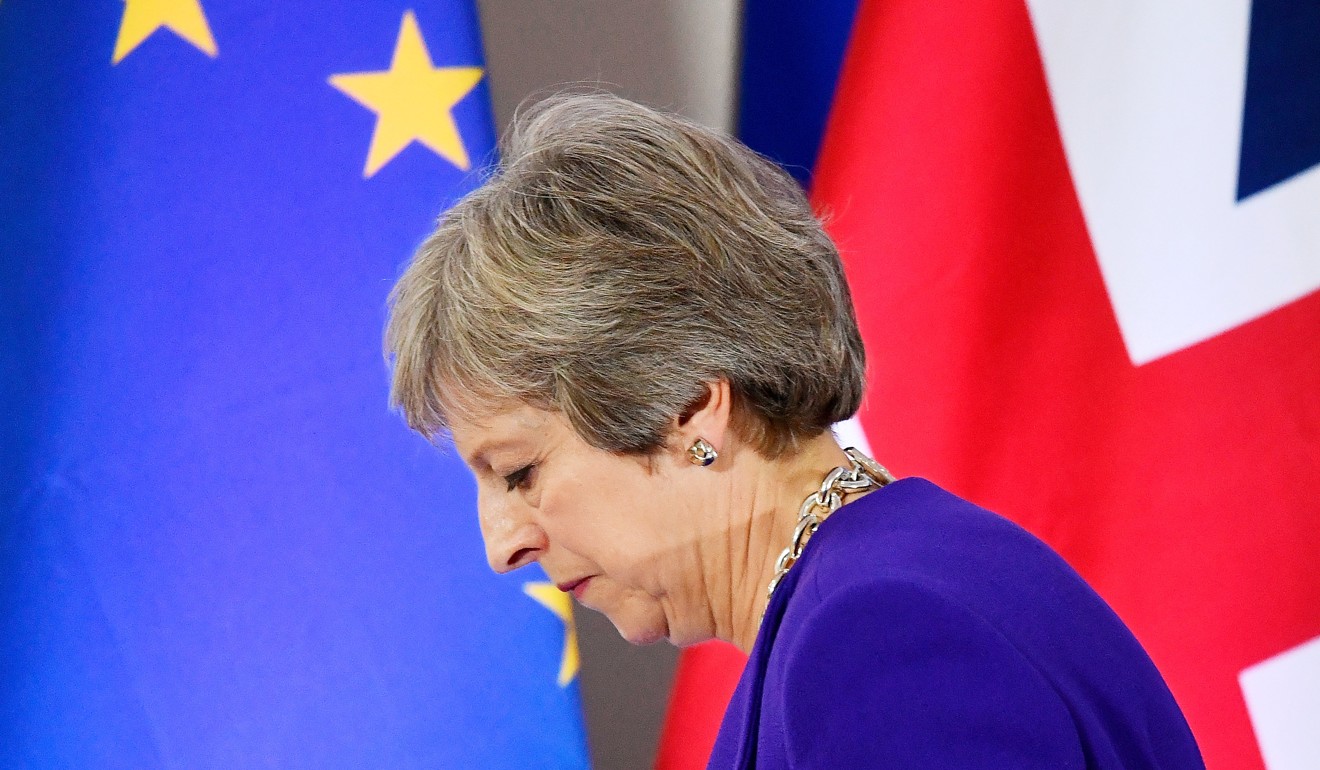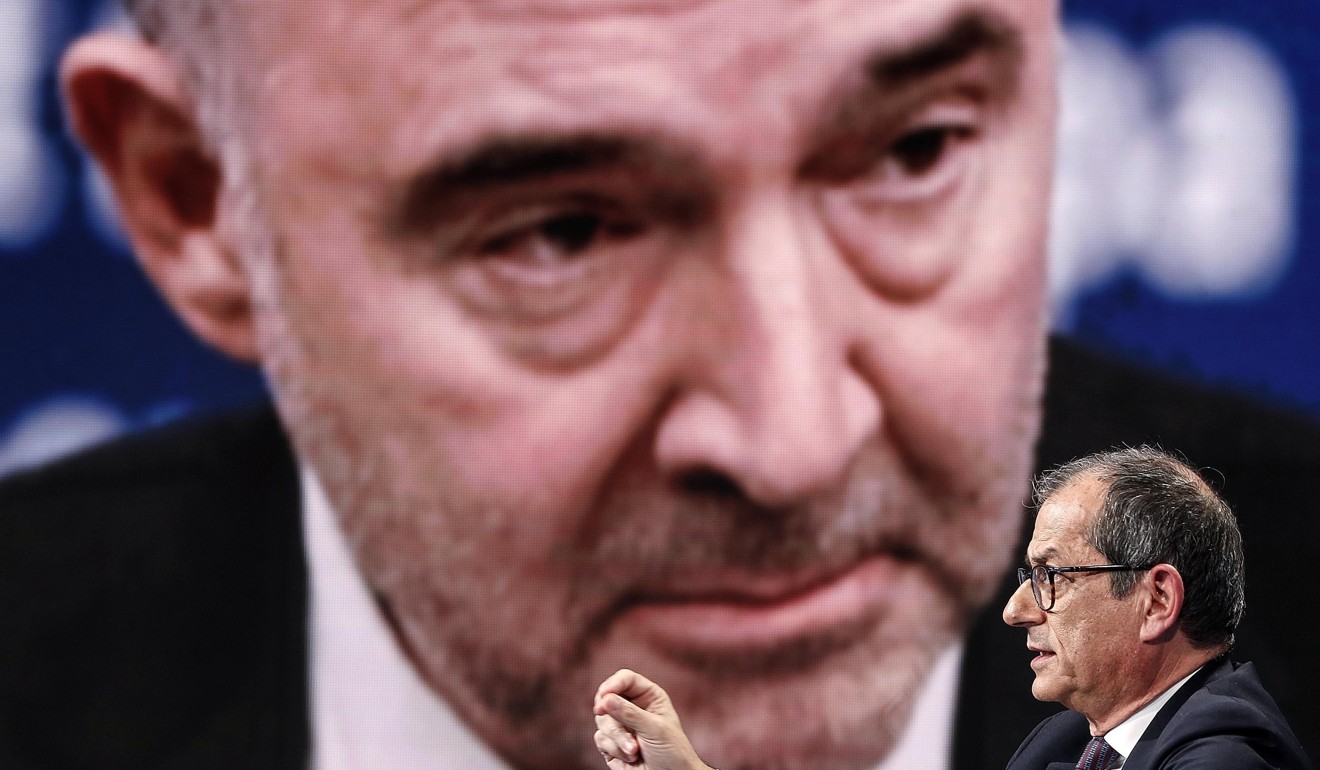
Despite the emerging market stock rout, Europe has fund managers more concerned
- Nicholas Spiro says while the slide in Asian tech stocks heightens concerns over emerging market equities, uncertainties in Europe pose a bigger worry
- Britain remains the most disliked by equity investors, while Italy’s spat with the euro zone and the end of the Merkel and Draghi era are also causing disquiet
Yet, while emerging market shares have taken a pounding this year, global fund managers are much more gloomy about the prospects for Europe.
According to JPMorgan, which publishes data on fund flows every week based on figures from EPFR Global, a fund-tracker, emerging market equity funds have attracted net inflows of US$13.5 billion so far this year. This compares with net outflows from European – which includes British – equity funds of more than US$26 billion. Even US stock funds, which have had to cope with an increasingly volatile American equity market, have attracted inflows, with investors adding US$3.5 billion of new money this year.
While emerging markets are facing major problems, these are well known and have been priced in, excessively so in the case of equities. The risks in Europe, on the other hand, are more difficult for investors to grasp and could yet become systemic.

The conflict between Italy and the EU is more dangerous since it calls into question the cohesion of the euro zone
According to the latest global fund manager survey published by Bank of America Merrill Lynch on Tuesday, Britain remains the most disliked region by equity investors, with a net 27 per cent of fund managers who took part in the survey maintaining an underweight position in UK stocks. By contrast, fund managers have held an overweight position on emerging markets for all of this year with the exception of two months.

The confluence of Brexit angst, Italian populism, a post-Merkel Germany and a euro-zone bond market that will soon no longer benefit from quantitative easing is putting Europe’s stock markets under severe strain.
As if this were not bad enough, European stocks are still not cheap enough and suffer from weak earnings growth. According to data from JPMorgan, the forward price-to-earnings ratio of euro zone shares currently stands at 12, only 7 per cent below its historical average. This compares with 10.1 for emerging market stocks, amounting to a 16 per cent discount. Moreover, European companies’ earnings growth this year is expected to reach just 7 per cent, compared with 13.6 per cent in emerging markets and a whopping 23.5 per cent for S&P 500 companies, data from JPMorgan shows.
While UK equity bulls point to the potential for a sharp rally if Parliament approves the Brexit treaty, the euro-zone’s problems run deeper, and are not helped by last quarter’s sharp slowdown across the bloc, with Italy’s economy stagnating. Emerging market stocks have taken a beating this year, but European shares are even more unloved.
Nicholas Spiro is a partner at Lauressa Advisory

